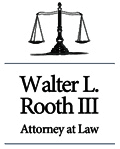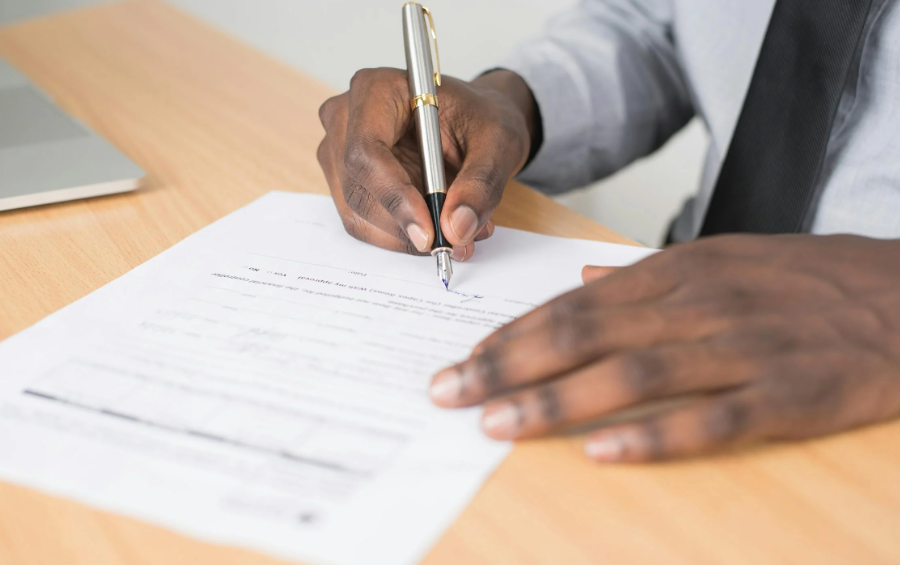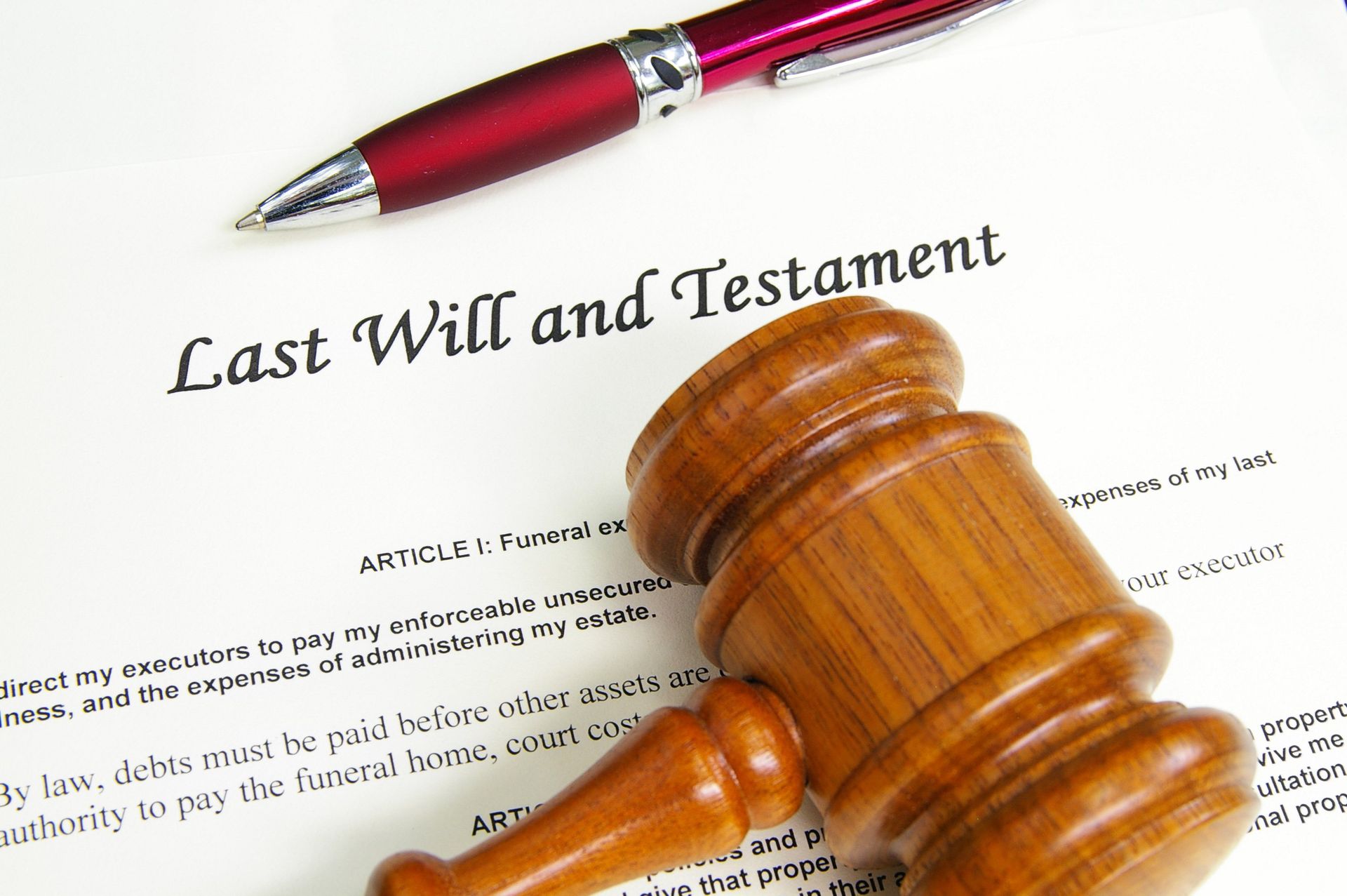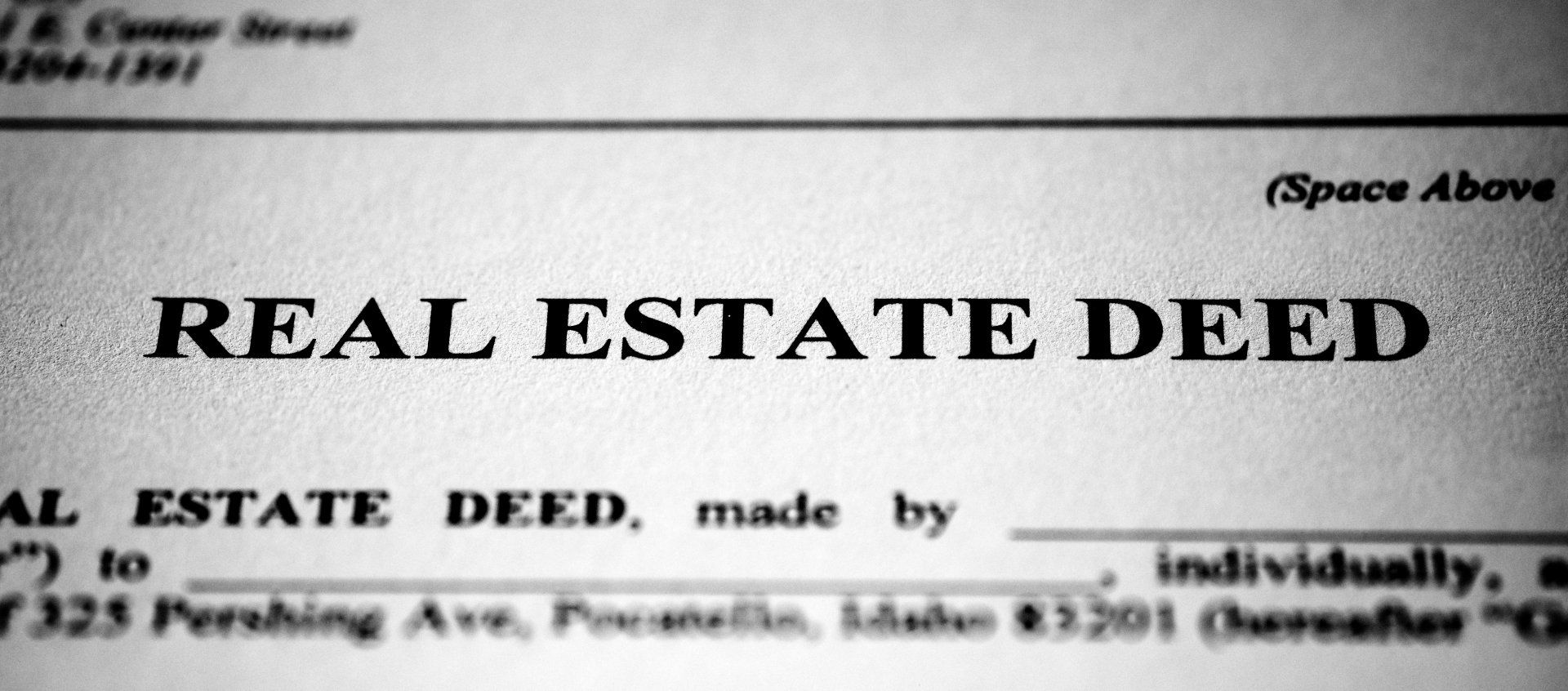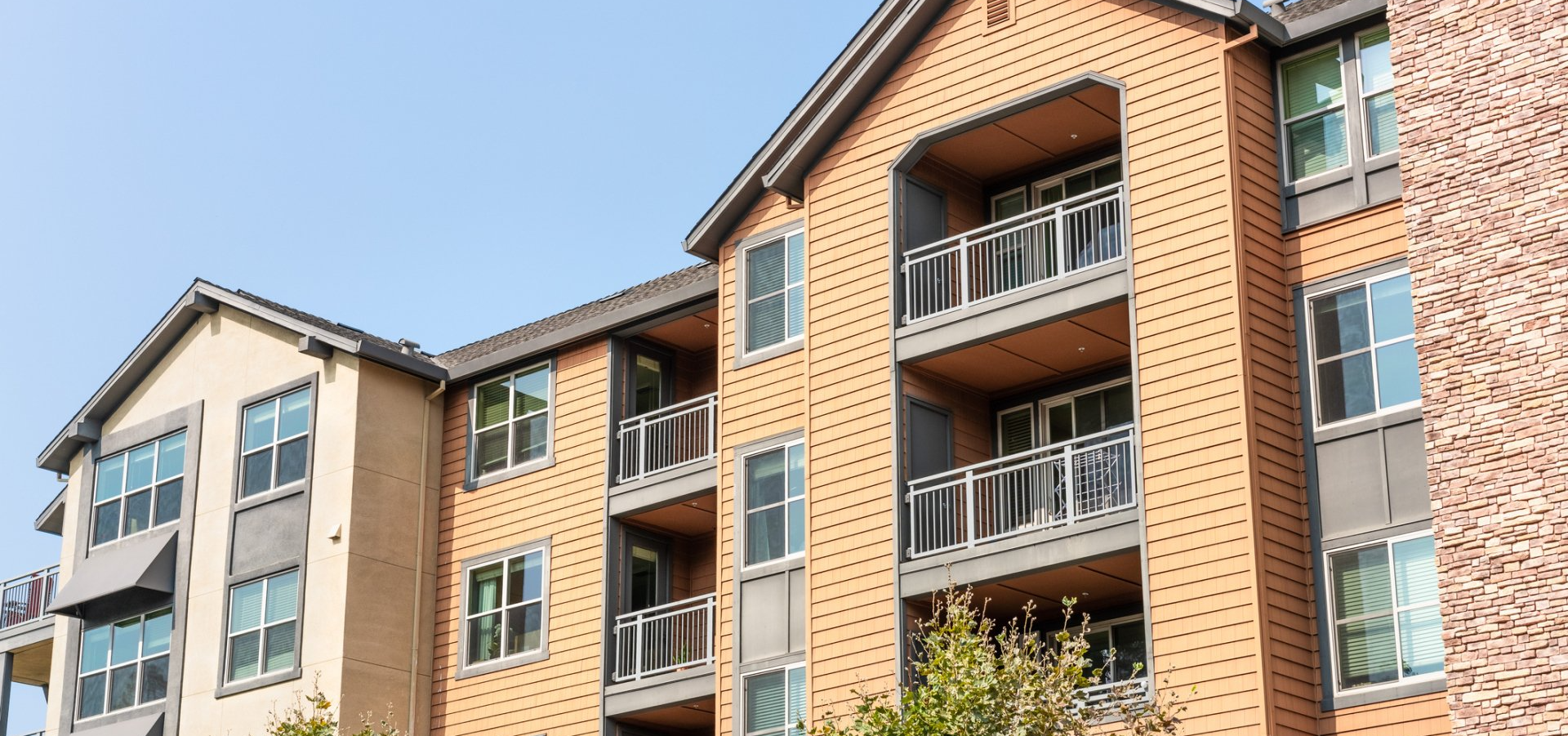Your Guide to New York Property Taxes
Learn More About New York Property Taxes With Our Real Estate Lawyers
If you reside in New York state and own a property, you know how complicated and confusing property taxes can get. The real estate lawyers at Walter L. Rooth III Attorney at Law are here to help you gain an understanding on New York property taxes & what they entail.
According to the nonprofit Tax Foundation, New York state property taxes are some of the highest in the nation. Although that may be true, New York state does not benefit from the tax revenues because it does not impose them. Local governments, county governments, & school districts in New York impose their property taxes. The state code does offer exemptions for people who use their homes as their primary residences, as well as senior citizens, veterans, and people with disabilities. Property taxes in New York are then utilized by the local institutions that impose them for things such as road maintenance, police & fire departments, schools, and other things within the local area.
New York Tax Assessments
If you recently purchased a property in New York state, you may think that once your property taxes are assessed, that the work on that is over. The truth is that New York state properties are re-assessed every year. You can appeal your assessment if you disagree with it. New York state law requires that all properties in each municipality except New York City and in Nassau County must be assessed at a uniform percentage of market value each year.
Property Tax Exemptions & Reductions
As previously stated, there are some exemptions to these property tax rules in New York state. Property tax exemptions reduce the assessment of your property's value, which is what your property tax bill is based on when your local rate is applied to it. Here are the exemptions in New York state:
- Senior Citizens: New York State law allows local governments and school districts to give qualifying senior citizens up to a 50% reduction in the assessed value of their residential property. To qualify for this exemption, you must be 65 years old or older, maintain a specified income, and other requirements that differ by area.
- Disabled Persons: If you or a loved one have documented evidence of being disabled, you qualify for New York state tax exemptions. You must also meet certain income limitations and other requirements as determined by each locality. The standard exemption is about 50% off the value of the property.
- Veterans: If you are a veteran and have purchased your property with money from your pensions, bonuses, or insurance settlements, you qualify to receive an exemption that reduces your assessments. Local governments are also allowed to give exemptions to veterans who served during wartime or who received an expeditionary medal. A third exemption is allowed specifically for Cold War veterans.
- STAR Exemptions: Residents of New York state who own & live in their one, two, or three-family home, condo, cooperative apartment, manufactured home, or farm dwelling are eligible for a STAR exemption on their primary residence. This specific exemption is usually equal to $30,000 off the full value of the property for school taxes only.
If you have any more questions regarding New York state property taxes or how that will affect you, don't hesitate to contact us today. Our real estate lawyers can assist you throughout the property tax process across Hamburg, Orchard Park, West Seneca, NY & beyond!
